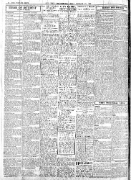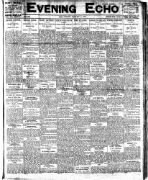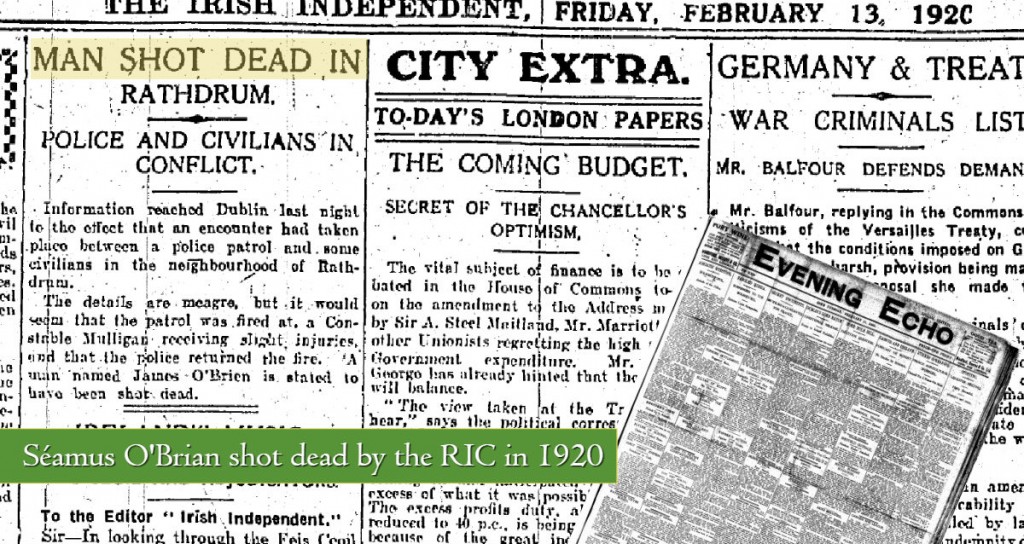IRA volunteer Seamus O’Brien Shot Rathdrum Wicklow
After a month of intense IRA activity across the country, the War of Independence continued unabated in February 1920. Becoming more daring in the process, the IRA continued to target the RIC and their barracks. Elsewhere, local issues and tensions would also surface, and in some cases they become embroiled in the struggle for Independence. February 1920 would be a month of chaos across the country The Wicklow village of Rathdrum, the home of the famed Charles Stewart Parnell of Avondale, was shocked by the death of IRA volunteer James (or Seamus) O’Brien in early February 1920. Although reported initially as an encounter between civilians and policemen, the deceased was a prominent member of the local IRA. During a patrol of the village the RIC came under fire from local volunteers and during the exchange one of them, a Constable Mulligan, received slight injuries. Returning fire, perhaps as many three revolvers, the RIC managed to wound O’Brien, who later died of his injuries. It was later claimed that when O’Brien fell he cried out ‘Save me, oh save me’. Trying desperately to save his life, O’Brien was dragged to the house of a man called Leeson and the medical attention was called. However, O’Brien was pronounced dead before a doctor arrived on the scene. The funeral of O’Brien at Oulart, county Wexford was a huge public display of support for him and his comrades. The funeral cortege was said to have been two miles long and 500 young men, many of them members of the IRA, marched behind the coffin which was draped in the tricolour. The deceased wore his volunteer uniform and cap. Interned in Frongoch prison camp in Wales following the roundup of Republicans in 1916, O’Brien was seen as a pivotal member of the local volunteer movement in Wicklow and is still remembered today. Speaking recently, amid the controversy about the commemoration of the RIC, Wicklow Sinn Féin TD John Brady stated that ‘it was RIC officers that carried out the summary execution of Séamus O’Brien on 11 February 1920’.Download Source: Irish Independent, 13 February 1920, page 6. & Evening Echo, 17 February 1920, page 1


